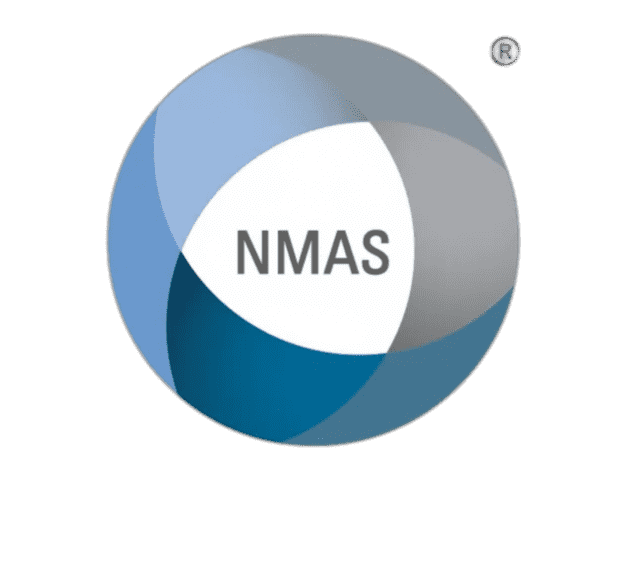Australia’s workforce is among the most diverse in the world, reflecting the nation’s rich multicultural heritage. With nearly one-third of Australians born overseas and over 300 languages spoken across the country, cultural competence has become a critical component of effective workplace rehabilitation. Organisations like ELEV8 Consulting play a vital role in ensuring that rehabilitation services are inclusive, culturally sensitive, and tailored to meet the unique needs of this diverse workforce.

Understanding Cultural Competence in Workplace Rehabilitation
Cultural competence refers to the ability of professionals to understand, respect, and effectively interact with individuals from different cultural backgrounds. In workplace rehabilitation, this involves recognising how cultural values, beliefs, and practices influence an individual’s experience of injury, recovery, and return to work.
For example, cultural perceptions of pain, stigma surrounding mental health, and varying communication styles can significantly impact an individual’s engagement with rehabilitation programs. By integrating cultural competence into their services, ELEV8 ensures that every client receives care that respects their cultural identity and fosters a supportive recovery environment.
Strategies for Culturally Competent Rehabilitation
- Cultural Awareness Training for Professionals – ELEV8 equips its rehabilitation counsellors, physiotherapists, and health coaches with cultural awareness training. This training enables professionals to identify and address potential cultural barriers, such as language differences or varying attitudes towards workplace roles.
- Tailored Communication Strategies – Effective communication is key to successful rehabilitation. ELEV8 adopts tailored communication strategies, such as using interpreters or culturally appropriate materials, to ensure clients fully understand their recovery plans and feel empowered to participate actively.
- Inclusive Program Design – Rehabilitation programs at ELEV8 are designed with inclusivity in mind. This includes accommodating cultural preferences, such as dietary requirements for meal planning or scheduling flexibility to observe cultural or religious practices.
- Community Engagement – Partnering with cultural organisations and community leaders helps ELEV8 build trust and reach individuals who may otherwise hesitate to seek rehabilitation services. Community engagement also provides valuable insights into cultural norms and expectations.
- Feedback-Driven Improvements – ELEV8 values feedback from clients and their families to continuously refine its programs. Culturally specific feedback mechanisms ensure that clients feel heard and respected throughout their rehabilitation journey.
Benefits of Cultural Competence in Rehabilitation
By prioritising cultural competence, ELEV8 achieves several key outcomes:
- Enhanced Client Engagement: Clients are more likely to engage with rehabilitation programs when they feel their cultural identity is acknowledged and respected.
- Improved Recovery Outcomes: Tailored programs address specific needs, leading to faster and more sustainable recovery.
- Workplace Inclusivity: Supporting diverse employees through culturally competent rehabilitation fosters a more inclusive and cohesive workplace environment.
- Compliance with Standards: Adhering to cultural competence aligns with Australia’s anti-discrimination laws and workplace diversity policies.
Conclusion
Cultural competence is not just an ethical obligation; it is a practical necessity in Australia’s multicultural workforce. ELEV8 Consulting exemplifies this commitment by delivering rehabilitation services that are inclusive, respectful, and effective. By embracing cultural diversity and tailoring programs to meet the unique needs of every client, ELEV8 supports individuals on their journey to recovery and empowers workplaces to thrive in an increasingly diverse society.








